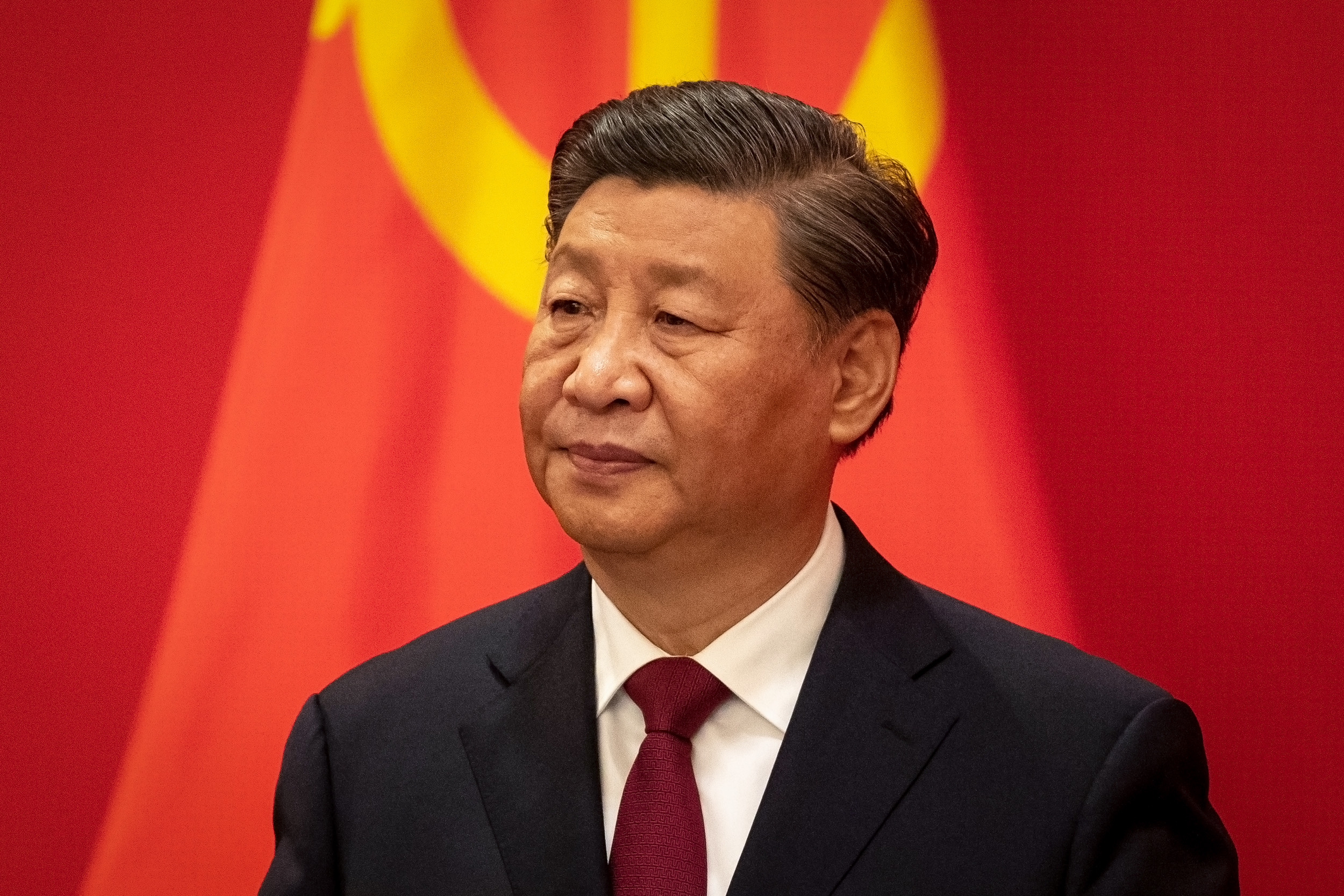In October, a Communist Party–run television network in the province of Hunan aired a five-episode program called When Marx Met Confucius. In it, actors portraying the European revolutionary and the ancient Chinese sage pontificate on their doctrines and discover that their ideas are in perfect harmony.
“I am longing for a supreme and far-reaching ideal world, where everyone can do their best and get what they need,” Marx says. “I call it a communist society.”
“I also advocate the establishment of a society where everyone is happy and equal,” Confucius responds. “I call it the great unity of the world.”
The program’s message is that modern Chinese culture should be a synthesis of Marxism and China’s traditions—a fusion achieved by another great philosopher, the Chinese leader Xi Jinping. “There has been endless debate about how traditional culture should be treated,” one scholar on the show explains. But finally, thanks to Xi’s wisdom, “the problem was truly solved, and people’s bound thoughts suddenly became clear.”
The Marx and Confucius show is just one small part of Xi’s campaign to fashion a new ideological conformity in China. Its apparent aim is to foster unity in preparation for struggles at home and abroad—but with the ultimate purpose of tightening Xi’s grip on China. Chinese leaders “want to have a very powerful, socialist, ideological framework that can congeal the population, and this is of course under the party’s control and guidance,” Wang Feng, a sociologist at UC Irvine, told me. “What’s a more powerful way to centralize power than to control people’s thought?”
Xi’s push for communist conformity might seem anachronistic in the age of social media and the global digital commons. But it’s only one way he is dragging China back into an older, darker time. He has reversed decades of market liberalization in favor of renewed state intervention in the economy, returned to Cold War–style confrontation with the West after a period of fruitful cooperation, and reestablished one-man rule to a degree unseen since the days of Mao Zedong, the Communist regime’s founder. Now he is attempting to restore the intense ideological indoctrination of earlier years of Communist rule—the era of Mao’s Little Red Book—in a quest for national “unity,” as he defines it, and total Party dominance.
In this sense, China is in the throes of a culture war—one that the state has been waging against society for some time, using the measures of repression available to its leader. Xi has already intensified censorship and strangled private education. Now his campaign is picking up pace. In October, he unveiled a framework he calls Xi Jinping Thought on Culture, the latest installment in a growing corpus of his “thought” meant to direct foreign affairs, the military, and other aspects of policy and private life. With this pronouncement, according to the state news agency Xinhua, Xi’s aim is to “provide a strong ideological guarantee, spiritual strength,” and “a socialist ideology that has the power to unite and inspire the people.”

